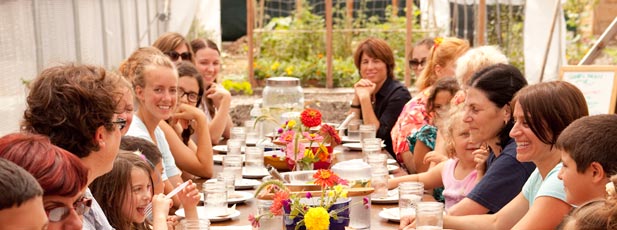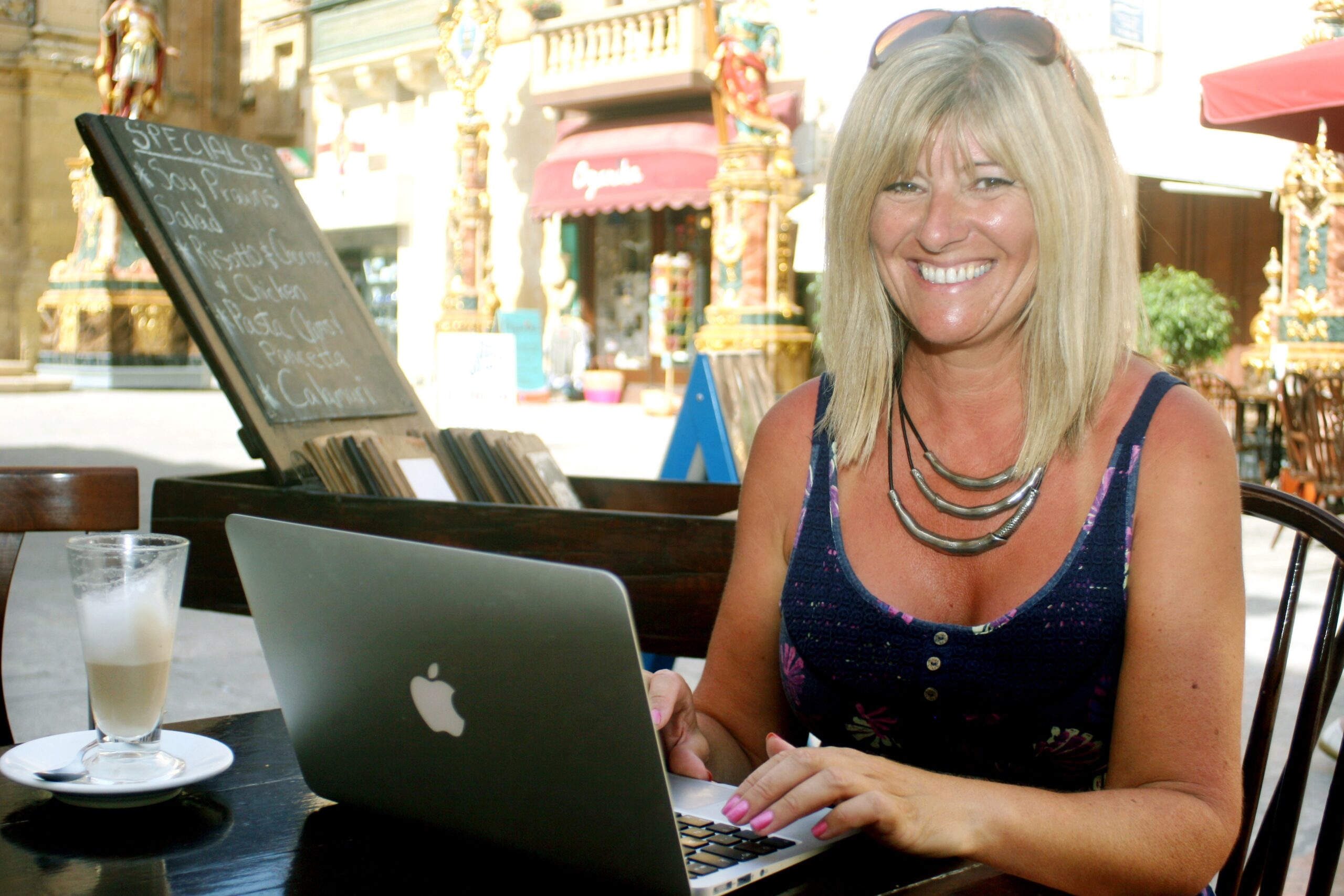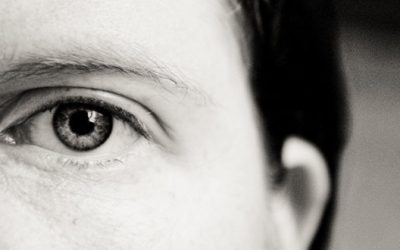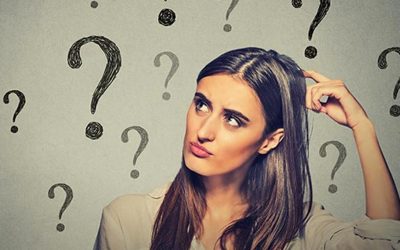
Why we need to nurture relationships with family and friends
Author – Emma Triplett
Sometimes people in our lives seem to have been sent just to try our patience and it’s tempting to push them away, but it is in your interest to nurture relationships with other people and this is why.
Everyone has relationships with other people to negotiate, whether that’s with your partner, children, family, mother in law, boss, work colleagues, friends or generally just people you casually come across during the day. How skilled you are at managing interactions with other people will have a huge impact on your life. So I thought it appropriate that during this festive season when family are centric to both celebrations and stress points, that it’s worth taking a few moments to step back and remind ourselves that it’s how we think, feel and behave that influences interaction with others and that developing people skills is a life skills that will support how easily you move through life.
Why is this relevant in hypnotherapy?
Many symptoms that people need help with, for example, IBS, OCD, Anger or Insomnia to name a few, are actually rooted in anxiety or depression. If you are experiencing anxiety and/or depression, it wouldn’t be a surprise if you were:-
a. worrying about what other people are thinking about you
b. thinking negatively about other people
With both, you inadvertently push people away and you withdraw from people by either losing confidence or being paranoid about the intentions of others. You can understand how this can easily spiral out of control into a vicious cycle and create even more anxiety and/or depression. Almost always, when clients come to see us, they also need help to adjust their thought patterns surrounding personal interactions.
Why Do People Need People?
Why is this so important and why does it cause so many problems when it goes wrong? You may argue that you can be self sufficient these days, you can even get your groceries delivered without having to go outside the house and you don’t need anyone. But we are social animals, we are tribal, we’re pack animals, we were not designed to operate alone, we don’t have the natural defences or skills to do so – we don’t taste nasty, we’re not covered in sharp spike things, we’re not poisonous and we can’t run very fast. Our strength and survival is in our numbers and our ability to communicate and work together. Ultimately whether we like it or not, we depend on each other for our survival.
On a primitive level (our blueprint), our ability to positively influence people around us did actually mean life or death. If you were good a getting on with people or had a useful skill, a good leader, healer or took a role which contributed to the wellbeing of the tribe, you became a valuable part of that tribe and enjoyed their protection against other wild hostile tribesmen. However, if the opposite were true and you isolated yourself because you didn’t learn how to interact, provided no contribution and ended up on your own, you would be at constant threat from other people or wild animals and being separated from your tribe would have meant certain death.
Your brain still works like this today, when you are getting on well with people, you have a place in your family, community or society and you feel secure, happy and relaxed. However, if those relationships are unsettled or not present, as a human being, you will begin to feel insecure or threatened by other people, creating anxiety. This can lead on to paranoia or withdrawal and, as you become more and more isolated, depression can set in.
The Physiological Needs of Personal Interaction
It’s not just about the emotional status you create by your thought patterns surrounding people; your personal interactions will have a positive or negative effect on your chemical balance and this is vital.
When you interact in a positive way – when you spend time with people, you create, two vital neurotransmitters, Serotonin and Dopamine. Both are feel good neurotransmitters, part of the reward system for doing something which either contributes towards survival or evolution. They make us feel happy and encourage us to do the same again.
Consider this scenario as an example:- You’ve arranged to go out with some friends or a family occasion, then, when the date of the event arrives or is approaching, for whatever reason, you don’t want to go, you’re really not feeling like it, you’re dreading it and you start thinking of any excuse to get out of it. But you can’t get out of it and so you reluctantly go, perhaps with the intention of leaving as soon as you can reasonably get away. However, it’s not long before you forget you didn’t want to come, the event turns out to be great, you have loads of fun, you really enjoy yourself and you leave vowing you must do it again soon. Does this sound familiar?
It happens to all of us and there is a very real reason for it. What is happening at a physiological level is the production of serotonin and dopamine which make you feel good and encourages you to repeat it because it’s a positive survival strategy. So, when you’re not feeling like being with people, what you actually need is to be with people and increase your levels of dopamine and serotonin.
Thinking negatively, however, and acting on those negative thoughts, has a totally different effect on your physiological self. When you negatively forecast, you create anxiety which produces adrenalin, the hormone that kicks off your fight or flight mechanism. This encourages you to stay away from what you perceive to be the potential danger or avoid a social situation or interaction with someone and as a result you don’t create those good neurotransmitters you need. You stay alive, so your fight/flight is reinforced as the effective survival strategy rather than getting the positive feel good rewards for doing something good for us.
Become too isolated from people and your levels of serotonin and dopamine will drop too far and you won’t have any motivation to be with people and you will push them away even further and isolate yourself even more exacerbating the problem.
It’s In Your Control and Your Choice
So, our social or personal interaction is vital to our wellbeing, it has a direct effect on our hormones and neurotransmitters which determine how we feel. It is a choice, we can use this knowledge to create feel good neurotransmitters or we can create adrenalin or no neurotransmitters and contribute to our anxiety and/or depression.
This is something which is definitely in your control. What is NOT in your control is other people and how they are thinking, feeling or behaving. You cannot change anyone else – sure, you can influence them by how you are acting or reacting, but blaming someone else for your feelings is handing them control of you – why would you do that?
People spend too much wasted energy, anxiety and anger being obsessed by how other people are behaving – it is wasted because you can’t do anything about that – but you can change how you are reacting to it and how you are dealing with it.
If you have an inspiring story or something to share that you think will help others wrestling with anxiety or depression, I would love to hear from you. If you have found in particular strategy helpful, chances are that someone else will also benefit, spread the word, share the love and help the fight back against the epidemic of anxiety and depression spreading across the western world.
Wishing you health, wealth, happiness and success


More Articles to help with people and relationships
Arrange a Free Initial Consultation in Cirencester, Exeter, Plymouth, Swindon or by Skype
Shop Online for Courses, eBooks and Self Hypnosis Tracks to help anxiety and depression
What the way you view other people reveals about you
Your view of the world around you and in particular your opinions about other people reveal a lot more about you than it does them. What can other people tell about you and does your unconscious body language push people away and suggest you are untrustworthy or does it shout friendly, warm and welcoming. Watch the video to learn how you think influences people around you.
Distorted Thinking Series Part 1 : Cognitive Biases
Distorted Thinking Series Part 1 : Cognitive Biases Author - Emma Triplett This week kicks off a new series of posts centred around the subject of distorted thinking. Anxiety and depression disorders can develop from various forms of distorted thinking and once these...
Split personalities – do we all have them and which one should we listen to?
Do you ever feel like you’re having an argument with yourself in your own head? Or you’re behaving in a way that just isn’t you and you don’t understand why? Maybe it’s because you do have two different parts of your brain wrestling for control, just like the metaphorical Angel on one shoulder and the devil on the other you see in cartoons.
Who is that person who shows up wherever you go?
When life gets tough, we’re stressed, overwhelmed or just plain miserable we tend to look for things to blame and then the grass starts to become greener the other side. The new job is great, the new relationship is perfect and you love the place you live in – for a while at least, but, inevitably, sooner or later who shows up to spoil the party? You do!
How to Reduce Anxiety and Depression with Digital Boundaries
When your sex life is suffering, you’ve developed anxiety or depression, you can’t sleep, your children don’t communicate, a family meal is eating in front of a personal device you know its time to make yourself aware of the technology danger zones and set some digital boundaries in your life.
How to stop living in the past when you don’t want to
Getting stuck living in the past is a common problem when seems impossible to move on and stop your mind going around and around in circles dwelling on a person or event that should be left in the past. But it is your mind and your thoughts and you can retrain it to start living in the now and looking forward to planning a future.
Disclaimer | Privacy Policy | Terms and Conditions
Copyright © OLD TOWN HYPNOTHERAPY 2016 All Rights Reserved







